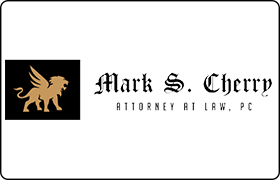Roebling Bankruptcy & Debt Lawyer, New Jersey, page 2
Sponsored Law Firm
-
 x
x

Click For More Info:
-
Mark Cherry Law
385 Kings Highway North Suite 101 Cherry Hill, NJ 08034» view mapBankruptcy & Debt Where Every Client Matters
We want our clients to be confident and secure knowing we are a law firm ready to take on the fight and challenge with them.
800-824-6431
Deon Devall Owensby
Juvenile Law, Family Law, Business & Trade, Bankruptcy
Status: In Good Standing Licensed: 21 Years
Richard Allen Bokma
Accident & Injury, Bankruptcy & Debt, Divorce & Family Law, Employment
Status: In Good Standing Licensed: 35 Years
 Mark Cherry Cherry Hill, NJ
Mark Cherry Cherry Hill, NJ AboutMark Cherry Law
AboutMark Cherry Law Practice AreasSpecializations
Practice AreasSpecializations
